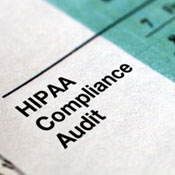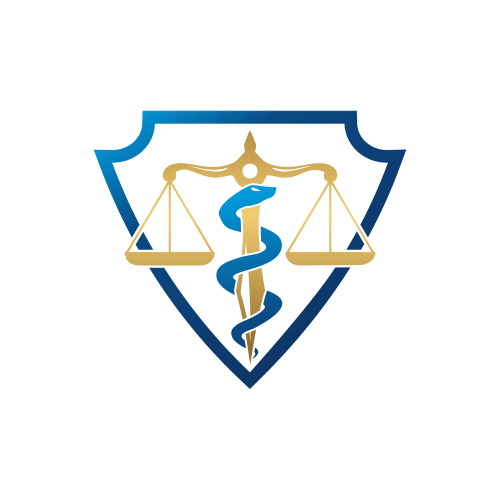In the ever-evolving landscape of healthcare information security, the Health Insurance Portability and Accountability Act (HIPAA) Omnibus Rule stands out as a pivotal regulation that enhances privacy and security standards. This comprehensive rule, often referred to simply as the Omnibus Rule, signifies a significant stride in fortifying the protection of patient health information. In this blog post, we’ll delve into the key aspects of the Omnibus Rule HIPAA, its implications, and the heightened safeguards it introduces to ensure the confidentiality and integrity of healthcare data.
Understanding the HIPAA Omnibus Rule
The HIPAA Omnibus Rule, officially titled the “Modifications to the HIPAA Privacy, Security, Enforcement, and Breach Notification Rules under the Health Information Technology for Economic and Clinical Health Act and the Genetic Information Nondiscrimination Act; Other Modifications to the HIPAA Rules,” was enacted to strengthen the privacy and security protections established under HIPAA.
Key Components of the Omnibus Rule HIPAA:
1. Enhanced Patient Rights:
The Omnibus Rule HIPAA grants patients greater control over their health information. Individuals can request copies of their electronic health records, and restrictions are imposed on the sale of health information without explicit consent.
2. Business Associate Accountability:
Business associates, entities that handle protected health information on behalf of covered entities, are now directly accountable for complying with certain HIPAA provisions. This expands the scope of responsibility for safeguarding patient information beyond covered entities.
3. Breach Notification Requirements:
The Omnibus Rule HIPAA introduces a more stringent breach notification process. Covered entities and business associates are obligated to promptly notify affected individuals, the Department of Health and Human Services (HHS), and, in some cases, the media, in the event of a breach compromising the security or privacy of protected health information.
4. Enforcement and Penalties:
The Omnibus Rule HIPAA enhances the enforcement of privacy and security rules. Non-compliance with the regulations can result in more severe penalties, reflecting the increased emphasis on the importance of safeguarding patient data.
5. Genetic Information Protection:
Recognizing the growing relevance of genetic information, the Omnibus Rule HIPAA extends its protections to genetic information. This inclusion ensures that the privacy and security of genetic data are accorded the same level of consideration as other forms of protected health information.
Final Omnibus Rule HIPAA Impact
The finalization of the Omnibus Rule in 2013 marked a turning point in healthcare data protection. The enhanced provisions addressed emerging challenges in the digital age, where electronic health records and advanced technologies necessitated a more robust framework for safeguarding sensitive information.
Navigating Compliance with the Omnibus Rule HIPAA
For healthcare entities, compliance with the Omnibus Rule is paramount. This involves a thorough understanding of the expanded requirements, ensuring that policies and practices align with the enhanced standards for protecting patient information. Covered entities and their business associates must stay vigilant to changes in the regulatory landscape, prioritizing ongoing training and updates to maintain compliance.
Conclusion
The HIPAA Omnibus Rule represents a milestone in the ongoing efforts to fortify the privacy and security of patient health information. Its comprehensive provisions, addressing issues ranging from patient rights to genetic information protection, reflect the evolving nature of healthcare data management. As technology continues to advance, the Omnibus Rule HIPAA stands as a critical framework, fostering a healthcare environment where patient confidentiality is upheld, and data breaches are diligently addressed. In embracing the principles outlined in the Omnibus Rule, the healthcare industry demonstrates its commitment to maintaining the trust and well-being of patients in an increasingly digital and interconnected world.









